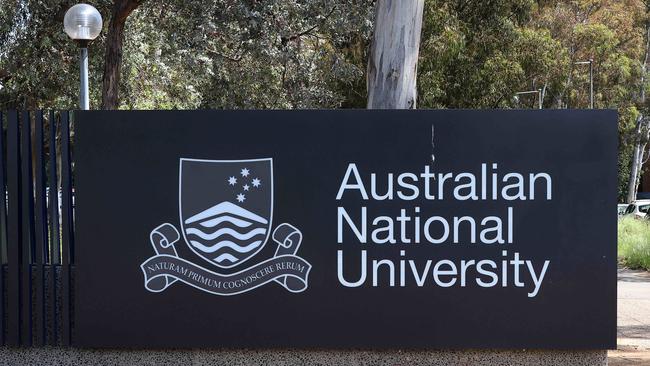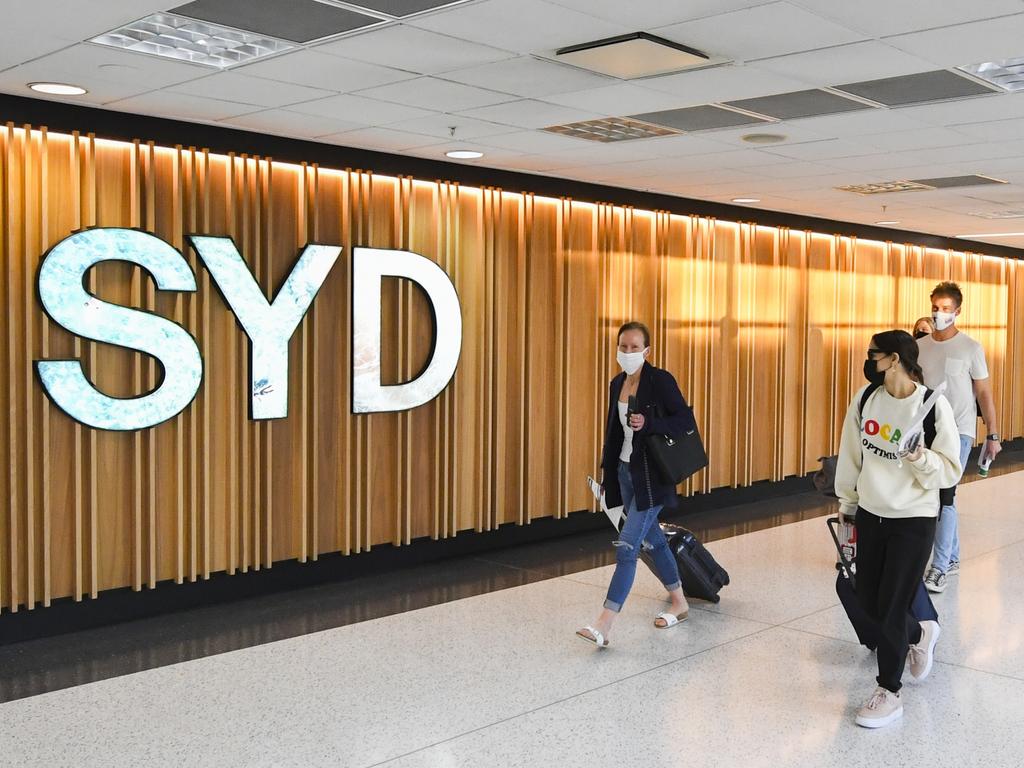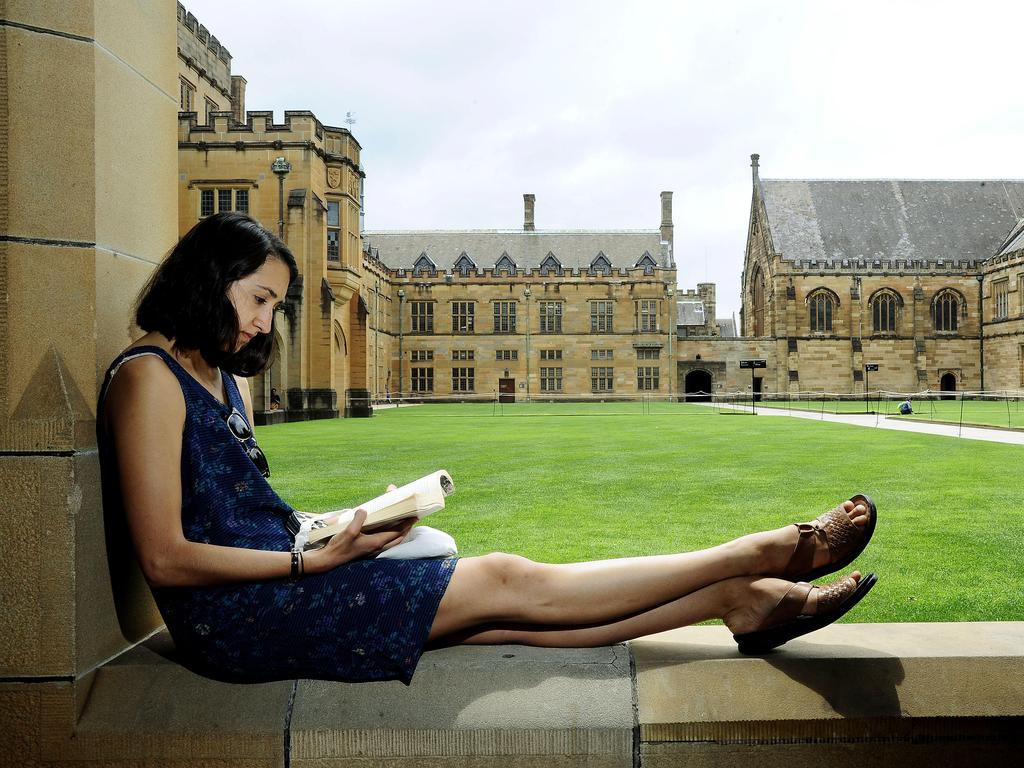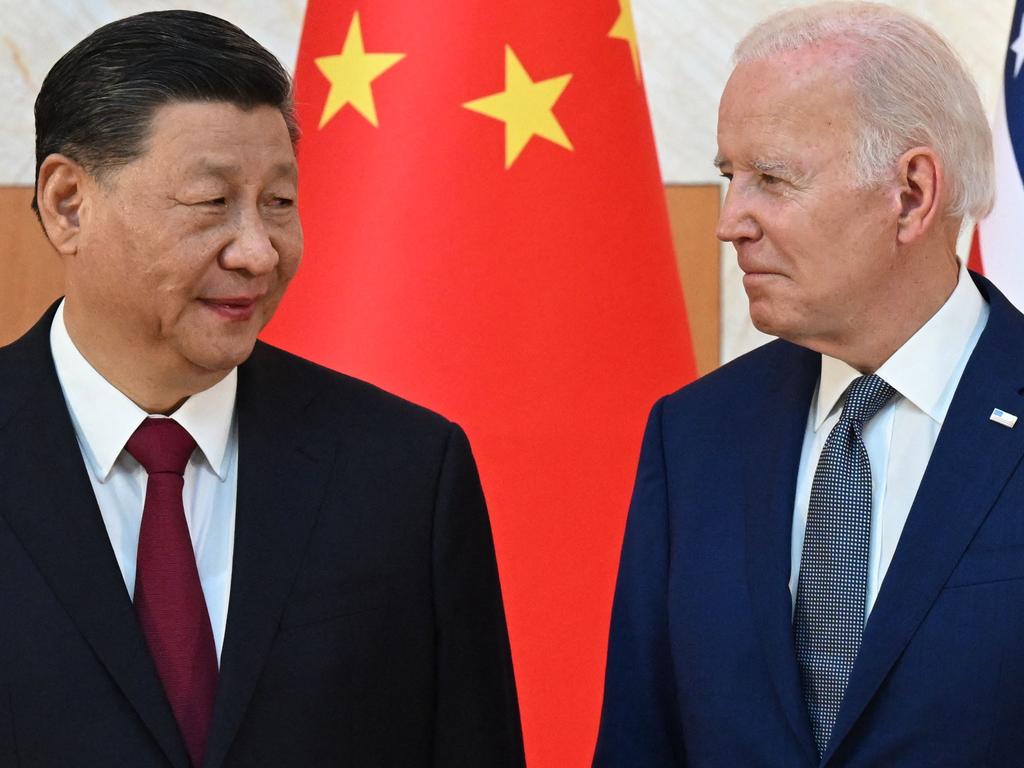Warning over 150 China-Australia university joint ventures
Australian unis warned they’re eroding their autonomy, and extending Beijing’s control, by striking joint ventures with Chinese institutions.

Australian universities have been warned they are eroding their autonomy – and extending Beijing’s control over students – by striking joint ventures with Chinese institutions, with 150 such deals in place.
These joint ventures are “binding” Australian universities into China’s Communist Party-influenced education system, Mark Harrison, senior lecturer in Chinese Studies at the University of Tasmania, says.
“The JVs erode institutional autonomy, as universities become constrained in their decisions over programs that are easy to get into but may be hard to get out of without broader consequences for a university,” Dr Harrison writes in The Australian on Tuesday.
“Throughout their course of study, joint venture students from China are enrolled in both the People’s Republic of China and Australian systems simultaneously, so are formally still subject to China’s education regulations even when studying in Australia.
“These joint ventures integrate Australia’s and China’s university systems in specific subject areas asymmetrically on Beijing’s terms. On the Australian side, they present questions about education policy, law and administration – and reconciling a liberal education system with one in which education is defined as serving goals of the party-state.”
Dr Harrison says the JVs – typically covering teaching programs or even new stand-alone colleges – were seen in China as boosting that nation’s “ideological security”.
Universities wanting to terminate a JV may be concerned about implications for their access to the broader lucrative Chinese student market and their competitive advantage.
He says he believes universities should develop a common position or framework for such arrangements. And while the higher education regulator was “alive to the risk” posed by such JVs, there was currently no system for external scrutiny of the arrangements, which had “proliferated” even as Australia’s broader national relationship with China cooled.
Dr Harrison says the issue has received far less attention than that of Confucius Institutes, state-sponsored organisations that worked within universities to “normalise certain ways of telling China’s story”.
“There are only 12 Confucius Institutes, but there are more than 150 education JVs between Australian and Chinese universities,” he says. “These are teaching programs, or sometimes stand-alone colleges or institutes in China, run by Chinese universities with an Australian partner. Enrolled students typically do two years of study in China and then two in Australia in specific-subject areas and are awarded degrees by both universities.
“The JVs are mostly in science and engineering, as well as business studies, with food science and agriculture, marine science and electrical and electronic engineering common subjects.”
Examples included the University of Adelaide and Ocean University of China’s Haide College, the Australian National University and Shandong University’s Joint Science College, University of Technology Sydney and Northeastern University’s Sydney Smart Technology College.
Dr Harrison says the Chinese Communist Party’s central committee in 2017 issued a notice requiring JVs to strengthen “party-building” work. “And now students undertake comprehensive programs delivered by JV party committees of seminars, study tours, and visits to rural areas for party work to train them for party membership,” he said.








To join the conversation, please log in. Don't have an account? Register
Join the conversation, you are commenting as Logout